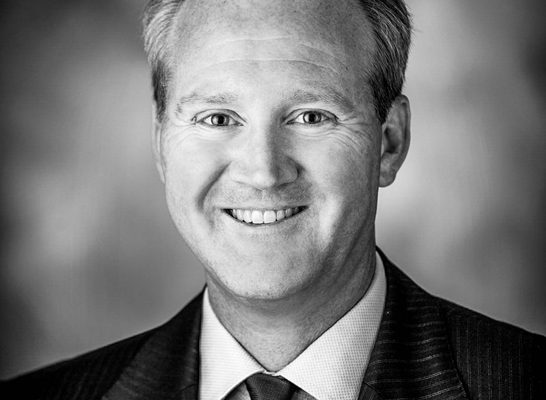Young Nebraskans love their hometowns.
We know because we’ve surveyed over 4,000 middle and high school students over the past five years, and they’ve told us so. More than three-quarters of our respondents say they feel connected to their hometown. Seventy-three percent said there’s no stigma with returning to or staying in rural Nebraska. More than half reported they are somewhat to extremely likely to live in their current community in the future, which aligns with 58% saying their ideal community is “small like my hometown.”
Most respondents (63%) also said they felt invited to share their opinions about or get involved in town projects or happenings. But here’s where the disconnect comes in. Though students said they feel invited to take part in their place, 66% said they don’t feel they play a role in their community.
Leaders across the Nebraska Community Foundation network of affiliated funds are working hard to change that. For the last three years, Diller Community Foundation Fund has organized and led a Youth Serviceship Camp. The day begins with a celebration of Diller’s many attributes, preparing kids to identify community assets during their walks through the town’s streets later in the day. Among their stops are the Bank Museum, where they explore Diller’s history; the volunteer fire department; and the Opera House, which the community is restoring and rehabilitating into an amenity for all to enjoy. They aren’t just pointing out these assets, though; they are dreaming about how to build new ideas alongside them, weaving their own influence into Diller’s unfolding story. They share ideas as a group, then decide which dreams to tackle whether it’s beautifying trash barrels in the city park with vibrant paint or caring for flowers with a wagon they wheel around the park daily. Each year brings a new opportunity for the youth of Diller to create change, and adults in the community are all in on empowering their voices today, tomorrow, and beyond.
Youth in McCook are also given opportunities to impact community life through their local affiliated fund. Youth Change Reaction (YCR), McCook Community Foundation Fund’s (MCFF) youth group, has led the way on many community projects, including a drive-in movie theater. The group rests on a foundation of student autonomy—they decide priorities, they do the work, and they feel the sense of accomplishment. YCR members—12 total, with three from each high school class – thrive under the shared responsibility. By giving students control over their own group, MCFF created an environment where they are the decision makers. Two hundred and fifty miles away in Leigh, they have a similar group of young people who regularly attend meetings, contribute their ideas, and receive the resources they need to pull them off.
A youth visioning session hosted by the Perkins County Community Foundation Fund asked students what changes they would like to see in their hometown. They decided they wanted to provide some much-needed TLC to Grant City Park. Youth in Hebron made a similar decision to prioritize improvements to their community’s park. In their quest to make the park more inclusive, volunteers with the Hickman Community Foundation Fund sought the input of the children who would most benefit. They asked kids of varying abilities to guide and educate them about their needs, then handed them a playground brochure to select the equipment that would have the greatest impact in the reimagined park.
In each of these examples, adults went beyond invitation to create environments that centered young people’s perspectives. These projects are not just about beautifying parks or adding amenities – they’re about fostering a sense of ownership and belonging. As community leaders, we have a responsibility to close the belonging gap by not only hearing but amplifying the voices of our youth, ensuring they feel valued as co-creators of Nebraska’s future.

